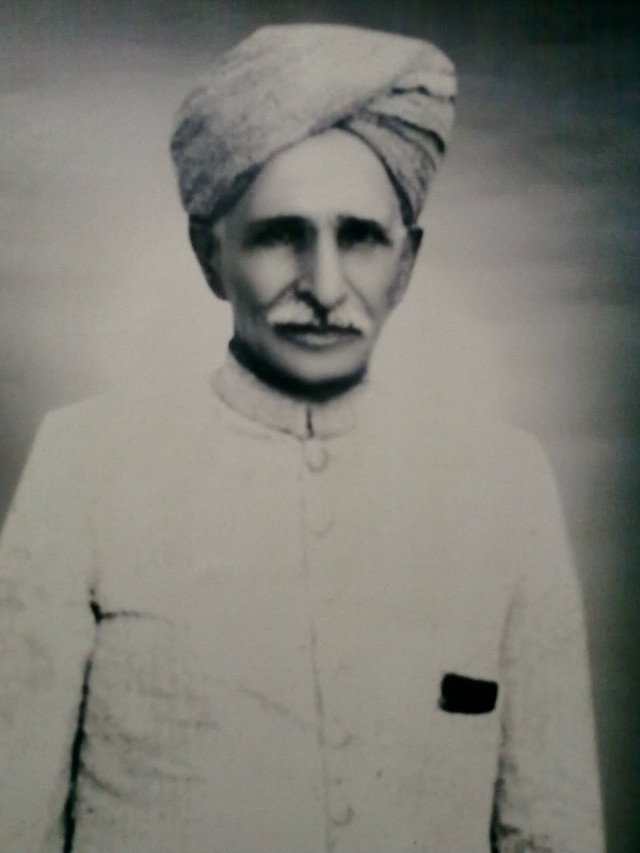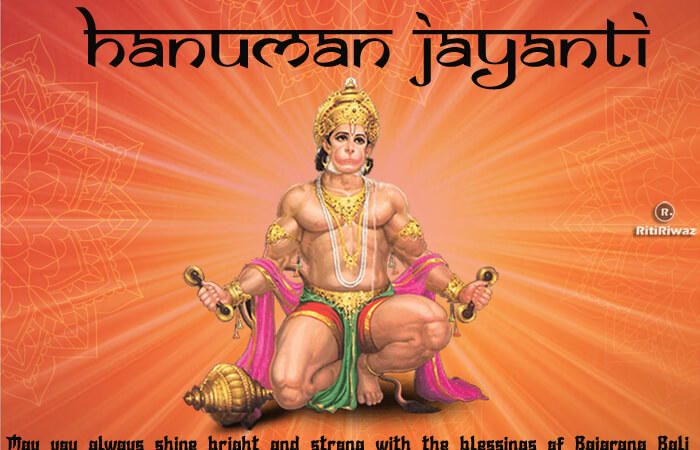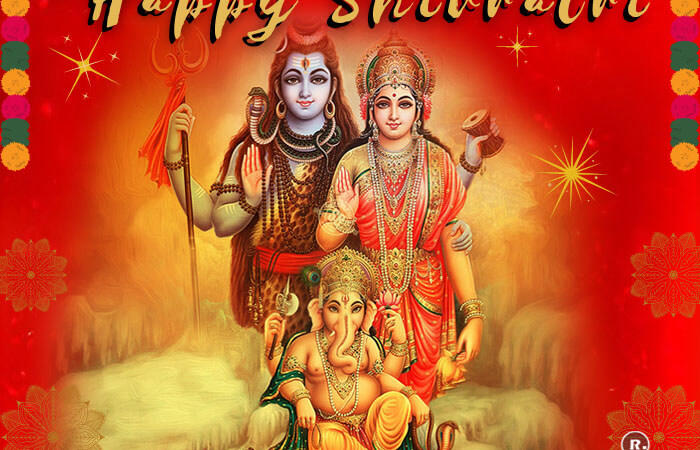Sir Chhotu Ram Jayanti

Rao Bahadur Sir Chhotu Ram was a prominent politician in British India’s Punjab Province, an ideologue of the Jat peasantry, and a champion of its interests. He was knighted in 1937 and was a co-founder of the National Unionist Party.
He was born on 24 November 1881 in a very simple family in Garhi Sampala, a small village in Jhajjar, Haryana. Sir Chhotu Ram was known for raising his voice for the rights of farmers during British rule.
He was one of the respected leaders of Punjab province and served as its development minister after the 1937 provincial assembly elections. He was considered an example of moral courage and the messiah of the peasants and was also called Deenbandhu.
His real name was Ram Richpal and he was the youngest in the house, so his name was Chhotu Ram. He did his schooling in Delhi after studying from his village and completed his graduation from St. Stephen’s College. Along with working in the newspaper, he also advocated.
It is said that Sir Chhotu ram lived a very simple life. And he used to donate a large part of his salary to a school in Rohtak. In addition to advocating, he formed the Jat Sabha in 1912, and in the First World War, he recruited more than 22 thousand soldiers of Rohtak into the army.
When the Congress Committee was formed in Rohtak in 1916, he became its president. But later disagreed with Mahatma Gandhi’s non-cooperation movement and broke away from it. He said that there was no benefit of farmers in this. He formed the Unionist Party and his party won the 1937 Provincial Assembly elections and became the Minister of Development and Revenue.
Chhotu ram is credited with passing two important laws in the year 1930. Due to these laws, the farmers got freedom from the exploitation of moneylenders. These laws were Punjab Relief Indebtedness, 1934, and The Punjab Debtors Protection Act, 1936. These laws contained provisions relating to the settlement of debt, its interest, and the fundamental rights of farmers.
Jat Ideology
Sir Chhotu Ram’s ideology combined the endorsement of certain Hindu cultural claims of the Jats with the need for a secular, rural identity for agriculturist communities. While his paradoxical political stance provided the context for the strengthening of the Jat identity, his pro-agriculturist ideology was appropriated by the Unionists and contributed to their electoral success.
His own understanding of the Jat identity combined the themes of caste (Kshatriya) assertions and land ownership. He worked to project the Jats as a community lacking in self-confidence and in need of both protection and recognition, to bolster their self-confidence and transform them into a politically, culturally, and economically viable entity.
Suggested Read: Pandit Jawaharlal Nehru






